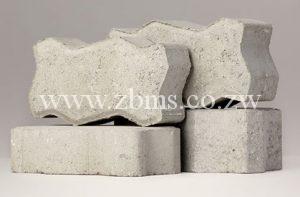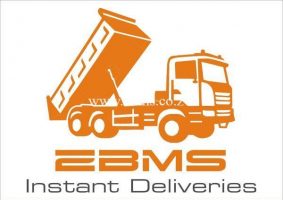Clay and Concrete
When it comes to materials comparison before use on driveways or pavements clay bricks have their advantages so does concrete pavers. Clay bricks have longer lasting colors, less maintenance longer brick life and eco-friendly options. On the other hand, concrete pavers cost a bit much and come in various designs. You have to decide whether you want to spend less or save money on replacement and repair costs over time.
Brick Paver and Concrete paver bricks Costs
Clay Brick pavers generally cost $140 or more per 1000 in Zimbabwe. However expect higher prices if you choose load bearings.

Concrete paver bricks generally costs $230 per 1000 colored and $210 plain color pavers
Clay and concrete strength
In terms of strength, concrete is considered great and superior to most materials. Concrete products are of great use under all weather conditions, even in very wet areas. Clay bricks are strong but not as much to be of competition to concrete products. Clay bricks have a possibility of cracking when exposed to water for lifetime. Concrete gains more strength the more its exposed to water. Even though we recommend concrete instead of clay in terms of strength, not all manufacturers make concrete products with adequate cement. Extreme caution is needed before ordering these concrete products.
Other materials and tools needed for pavement construction
Polythene plastic / Black sheeting
There are various types of polythene plastic, all varying in prices and quality. Some are cheap but will not serve their purpose. We recommend anything above 250 micron.
Weed killer
Weed killer helps stop the weed from growing into your driveway or pavement.
Sand
On sand, we have washed riversand and quarry dust. You can choose what works best for you and your driveway contractor also considering prices.
Quarry dust costs $15 per cubic
Washed riversand cost $20 with free delivery – only from the leading building materials suppliers
Compaction
There are various means of compacting the ground before laying bricks.
Firstly there is a manual compaction method whereby you use hand rammers.
Secondly we have roller land compactors. These compact ground from rolling them back and forth until ground is level and solid.
Lastly we have plate compactors which need fuel to run. We recommend these for use on all driveway and pavement projects. Though expensive, they leave your ground well compacted with no loose soils.
The first two options are labor intensive, therefore you should expect to be charged high for labor services.
Last words
Our selection of driveway materials and tools is based on our experience. Hence you are not limited from trying out other options provided and those not on our list. Every day there are improvements on all materials and tools, what is best today could be worst tomorrow. We hope this article helps you with some insights on your upcoming pavement or driveway project!






